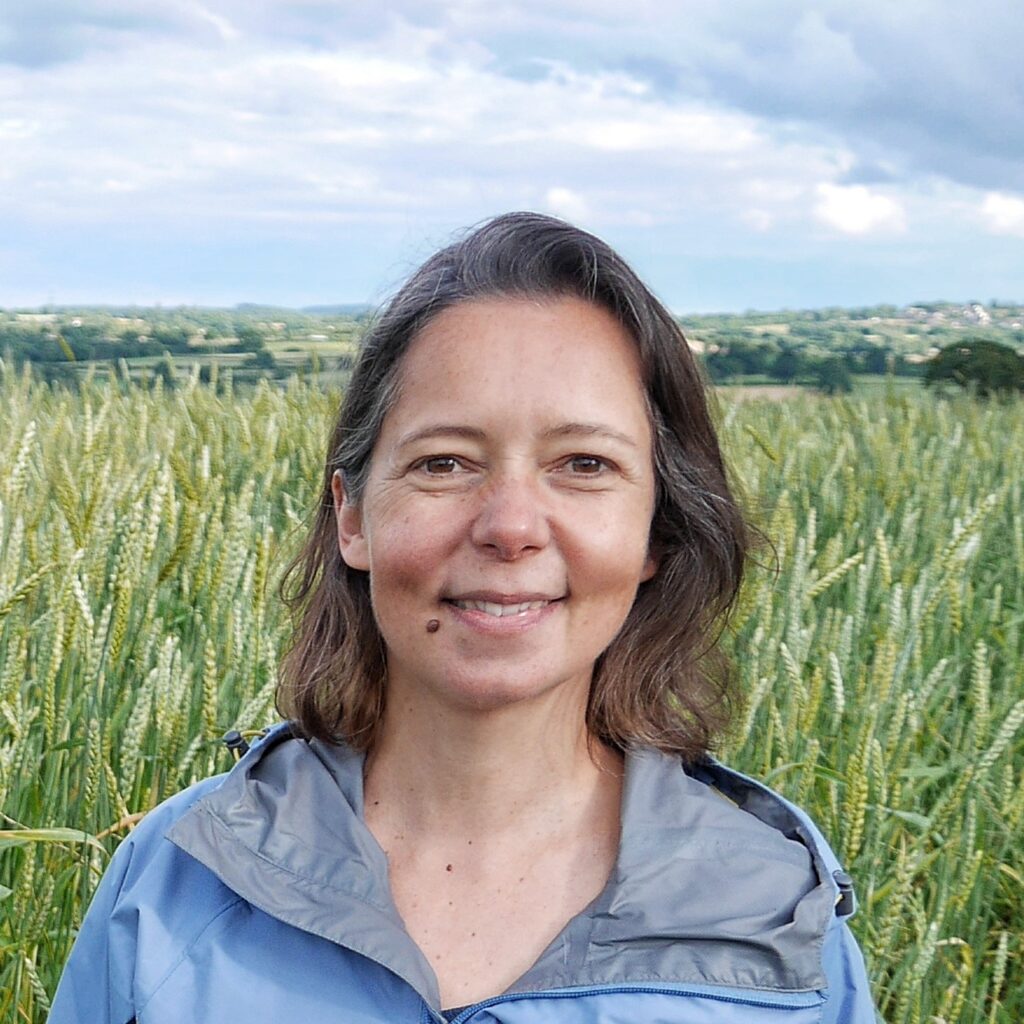Meet our third ECR board. The Network mentors and invests in early career researchers by appointing a new ECR board annually. ECRs are mentored by senior team members and work closely with our Champions. (In total 22 ECRs have been appointed to this year's board. We are in the process of adding them all to this page.)






















